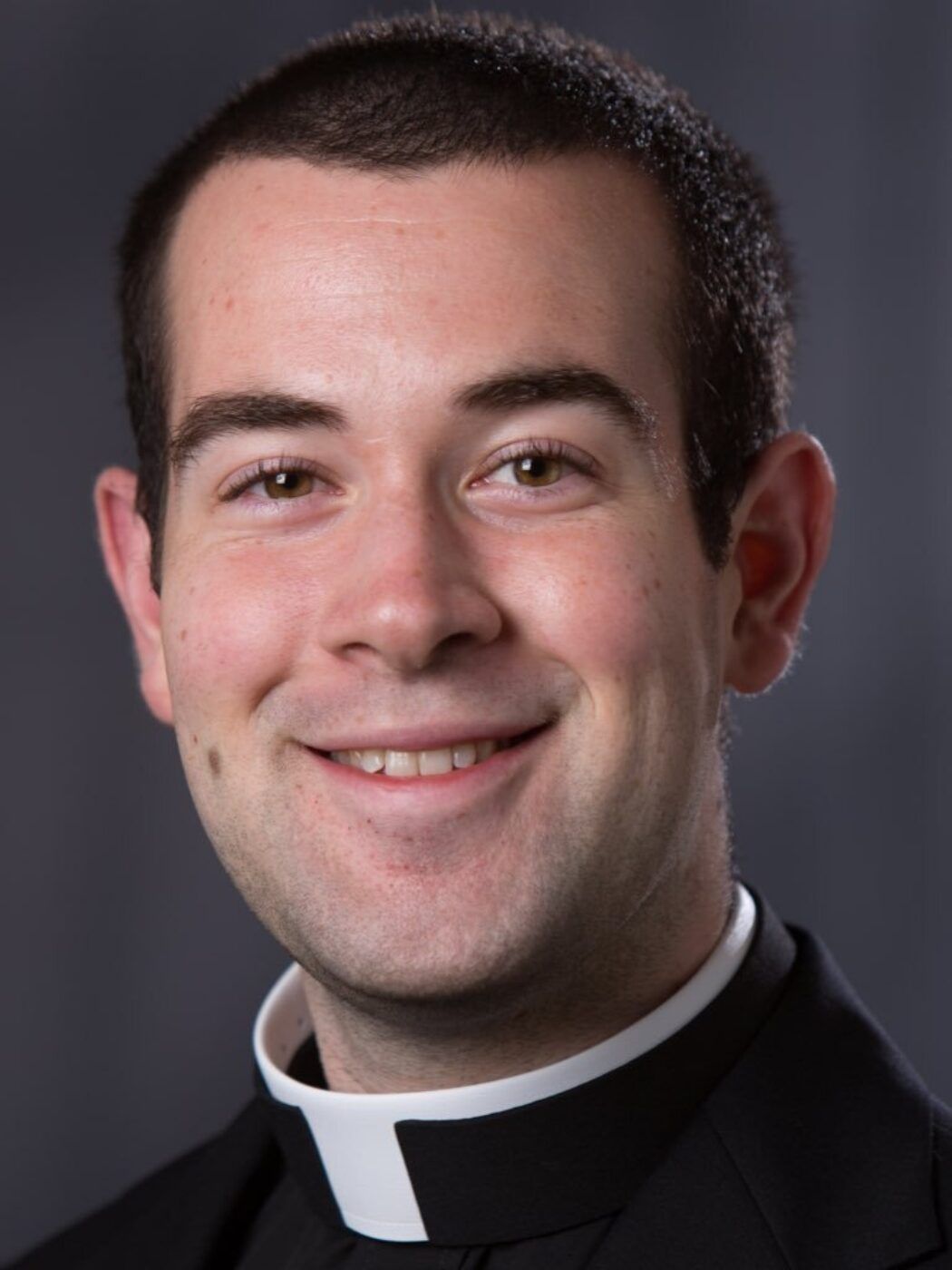We are coming to the end: the end of the cycle of the Church’s year, which will conclude next week with the feast of Christ the King; the end of St. Matthew’s Gospel, which we’ve been reading our way through at Sunday Mass during this past year. And in these final chapters of St. Matthew’s Gospel, we come to the end of our Lord’s public ministry, as He prepares to pass from preaching to the silent witness of His suffering, and from the agony of the cross to the glory of the Resurrection. In the discourse of these final parables, Jesus was preparing His disciples for a radical new reality that they couldn’t possibly see coming: in less than a month and a half after Jesus uttered these parables with His followers gathered closely around Him on the Mount of Olives, He would ascend back to Heaven. And the disciples would have to learn how to live without the visible presence of Jesus. They would have to learn how to be the Church.
So, what are the main things that Jesus is trying to let us know? First, that it would be a long time between His ascension and His second coming. In last week’s Parable of the Ten Virgins, He told us, “The bridegroom was long delayed in coming.” Today, He speaks of a master going away on a long journey and entrusting his possessions to his servants until he comes back. Jesus does not want His followers to obsess about the time of His return. This unhelpful fixation is what St. Paul also addresses in our Second Reading today. He writes, “Concerning times and seasons, brothers and sisters, you have no need for anything to be written to you. For you yourselves know very well that the day of the Lord will come like a thief at night…But you, brothers and sisters, are not in darkness, for that day to overtake you like a thief…let us stay sober and alert.”
If we are living in a way that is sober and alert, faithful to the sacraments and eager for our daily encounter with the Lord in prayer, then we don’t need to be worried about times and seasons because we’ll be living out however many days we have in a state of readiness, in a living friendship with Jesus. Just as we wouldn’t be filled with dread and panic if a friend happens to show up at our house unannounced, but rather, we’d be happy and surprised and overjoyed to see them, even so if Jesus happens to return or if we are taken to meet Him by a sudden death, it should actually be a pleasant surprise and a happy occasion, if we’re living as His friends. Is that how you feel about the prospect of Christ’s coming, or the prospect of meeting Him at the moment of your own death? And if not, why not?
The long time between the Ascension and the Second Coming could end in our own time. This radical possibility has been true for Christians of every age because we know neither the day nor the hour. In this sense, we are always in the end times by virtue of the fact that we await a promised return which is unpredictable and unavoidable. And so our response must be to live now so as to be ready at all times.
And that brings us to Christ’s second lesson. He wants us to make good use of our time and talents. You’ve perhaps heard the funny little story that Cardinal Seán has shared many times over the years in his own preaching: At the chancery of a diocese somewhere, the bishop was sitting up in his office when he received an urgent message from the lady downstairs at the front desk. “Your Excellency, there is a man in the lobby here claiming to be Jesus Christ. What should we do?” The bishop responded, “Well…Look busy!”
The master in today’s parable invested in his servants. He entrusted them with his own resources and expected them make good use of what they were given. Some were given more, some less, but everyone was given something. And they were expected to multiply it, to grow the things which had been shared with them, and then at the end to hear these awesome words, “Well done, my good and faithful servant…come, share your master’s joy.” A talent, in the ancient world, was a currency unit of immense value. For the master to give these talents to his servants signaled an astounding confidence in them.
It is from this source that we derive the English word “talent,” meaning not a precious amount of gold, but a precious skill or aptitude. God has entrusted each of us with talents, aptitudes for certain things. And He expects us to use our talents, to multiply them by our efforts and persevering commitment, and so to influence the world for the better. What talents have you been given? Do you see the use of your talents as an important part of your discipleship, your following of Jesus? God has confidence in you, and He has entrusted you with responsibilities while in this life. When we come to die, the world should be a better place for our having lived. Whether our impact is world-wide or only felt by the people immediately around us doesn’t matter so much as the fact that we used the time we had and the talents we were given with generosity and love.
As we come before the mystery of the Eucharist, we ask for a new outpouring of grace from the One who is the source of every talent, every gift. And we ask to be faithful, so as to share in the joy of the Master.


